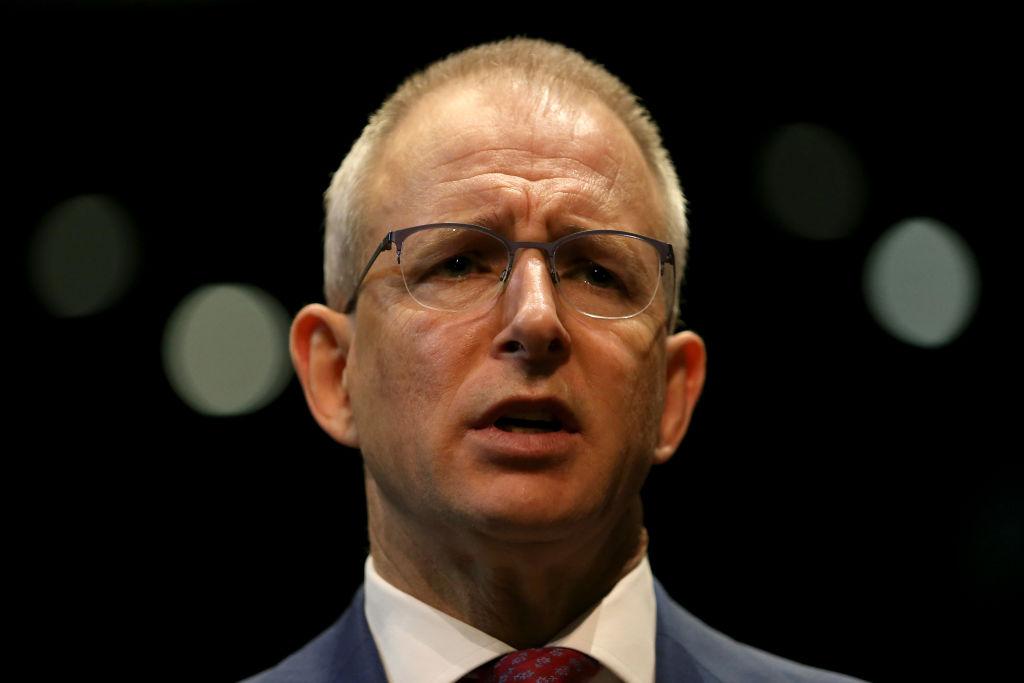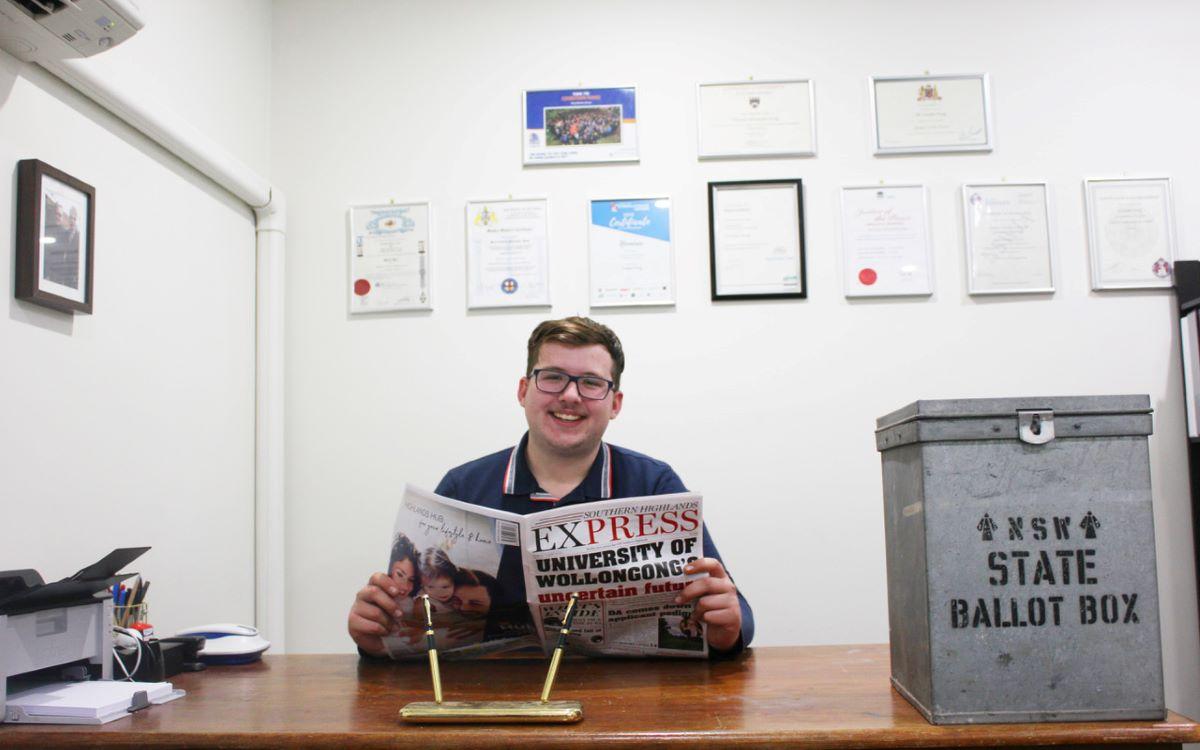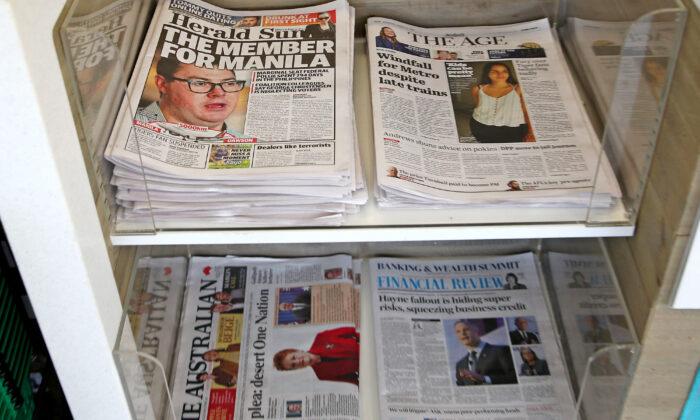In a press release, the Morrison government said that 107 regional publishers and broadcasters were successful in applying to the Public Interest News Gathering (PING) program with each receiving a share of $50 million.
The minister for Communications, Cyber Safety, and the Arts, Paul Fletcher, explained that the funding would support newspaper businesses and commercial broadcasters across regional and remote Australia.

“Public interest journalism is critical to keeping communities informed,” he said.
The PING program is designed to provide direct financial support for local and regional journalism. It is assessed through a demand-driven grant process that is run by the Department of Infrastructure, Transport, Regional Development, and Communications.
Considerations for the funding included the reach of each media agency and the revenue used to produce public-interest journalism.
“The majority of the publishers receiving grants under this program operate small-to-medium businesses. Local papers are the life-blood of many towns across Australia. They connect communities and keep people informed,” said Fletcher.
A point publisher Cristian King of The Southern Highland Express agrees with: “The community loses out when the regional media disappears,” King told The Epoch Times on July 1.
A regional paper from southern New South Wales, The Southern Highlands Express was a successful recipient of this year’s PING program.
While thankful for the grant, King noted that the PING program was a bandaid solution because it did not solve the longterm issues of advertising revenue and the fact that syndicated digital media does not work for regional Australia.

King noted that one thing the federal government could do is create an equal playing field with social media giants Facebook and Google, revenue-wise.
“They cannibalise our content and make money off it,” said King.
“Regional media has to pay corporate taxes of up to 30 percent, whereas companies like Google and Facebook pay very little,” said King.




